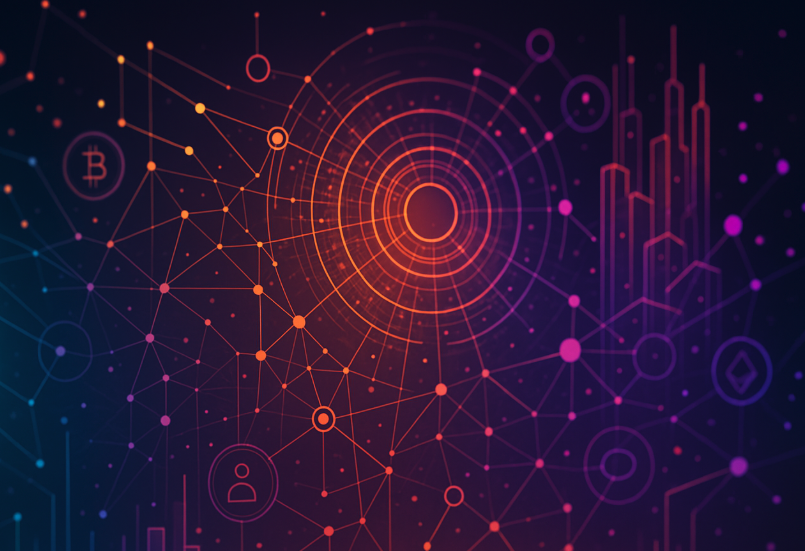
If you have been around the cyber intelligence world for a while, you will know how quickly data sources shift. A few years ago, social media and public databases were considered cutting edge for open source intelligence, or OSINT. Fast forward to 2025 and the landscape is unrecognisable. Traditional platforms are now crowded, moderated, and often restricted, so analysts are turning to new frontiers of data.
What does that mean for the teams that depend on OSINT? It means opportunity, but also complexity. The next wave of intelligence sources will not be found in the usual feeds or indexed web pages. Instead, they are forming in decentralised spaces, digital communities, and distributed systems.
When most people hear the word blockchain, they think of cryptocurrency. But for OSINT professionals, the blockchain has become a goldmine of publicly accessible, verifiable data. Transactions, ownership histories, and even smart contract interactions reveal a digital paper trail that is open for analysis.
The exciting part is that blockchain data is not limited to finance. It is beginning to underpin identity management, supply chain systems, and voting mechanisms. This gives analysts the ability to trace digital behaviour with precision, even in places once considered opaque.
The shift from centralised servers to decentralised networks has created a new challenge for OSINT. Platforms like Mastodon, peer-to-peer file sharing systems, and encrypted messaging ecosystems are not indexed by traditional means. These spaces are built for privacy, yet they have become hubs for discussions and exchanges that can reveal valuable threat insights.
This decentralised web, or Web3 environment, introduces a need for more creative discovery techniques. Analysts must now rely on metadata analysis, behavioural clustering, and pattern recognition rather than simple keyword searches. It is a more human approach, where intuition and digital investigation combine to make sense of fragmentary information.
Then there is the metaverse, a space that once seemed more like a gaming concept than a data source. But by 2025, it has evolved into a thriving collection of virtual worlds and marketplaces. Digital avatars interact, trade assets, and even hold meetings that mirror real world behaviour.
For OSINT analysts, this represents a new social layer of intelligence. Conversations, digital asset exchanges, and virtual property ownership all provide clues to emerging threats. There are groups establishing communities in these spaces to test new malware distribution methods or to coordinate scams that exploit immersive platforms.
The metaverse is a reminder that intelligence is not static. It adapts to wherever people communicate, transact, and connect. The organisations that can listen intelligently in these new environments will gain the upper hand in anticipating risks.
The convergence of blockchain, decentralised systems, and the metaverse shows how OSINT is evolving into a web of digital transparency and complexity. For EASM providers like DarkInvader, these developments are more than just interesting—they are essential.
EASM is built on the principle of knowing your external exposure. As new data streams emerge, the line between intelligence gathering and exposure management continues to blur. The future of OSINT lies not in searching for what is obvious, but in discovering what is hidden in plain sight, across systems that refuse to stand still.
Unlock full visibility of your external attack surface with DarkInvader’s continuous, real-time monitoring. Create your free account to discover unknown assets, detect emerging risks and stay ahead of potential threats before attackers can exploit them.
Create My Free Account